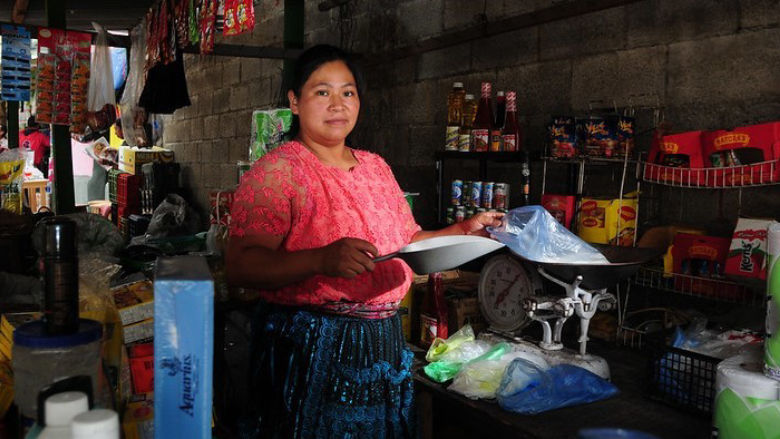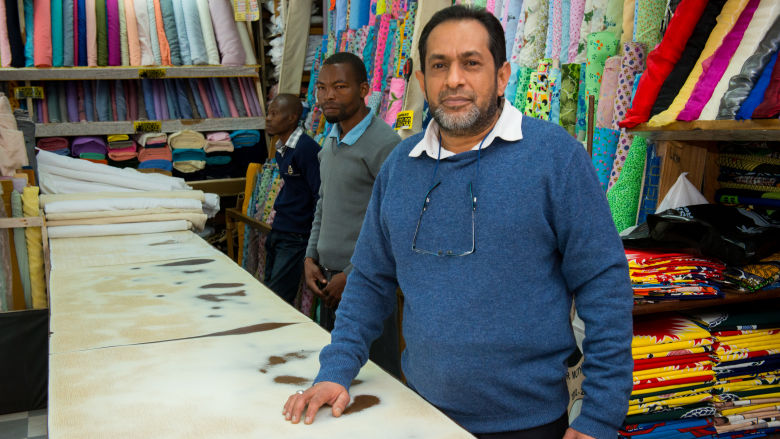Collecting taxes is the main way for countries to generate public revenues that make it possible to finance investments in human capital, infrastructure, and the provision of services for their people and businesses. Yet multiple crises have reduced developing countries�� revenues while increasing their spending in recent years.
The need to increase revenue collection is particularly acute in countries that currently collect less than 15% of GDP in taxes. This level of taxation is an important tipping point to make a state viable and put it on a path to growth. But 83% of low-income countries and 48% of lower middle-income countries are below this threshold. In countries affected by fragility, conflict, and violence, the average tax-to-GDP ratio was as low as 12.6% in 2023.
To resume economic growth, reduce poverty, and support climate action, countries need to increase tax collection and make tax systems more equitable and efficient. Governments need to balance goals such as increased revenue mobilization, sustainable growth, and reduced compliance costs with ensuring that the tax system is fair and equitable. Fairness considerations include the relative taxation of the poor and the rich; corporate and individual taxpayers; cities and rural areas; formal and informal sectors, labor, and investment income; and the older and the younger generations.
More efficient tax systems can also enable the private sector to play an important role in creating jobs.







